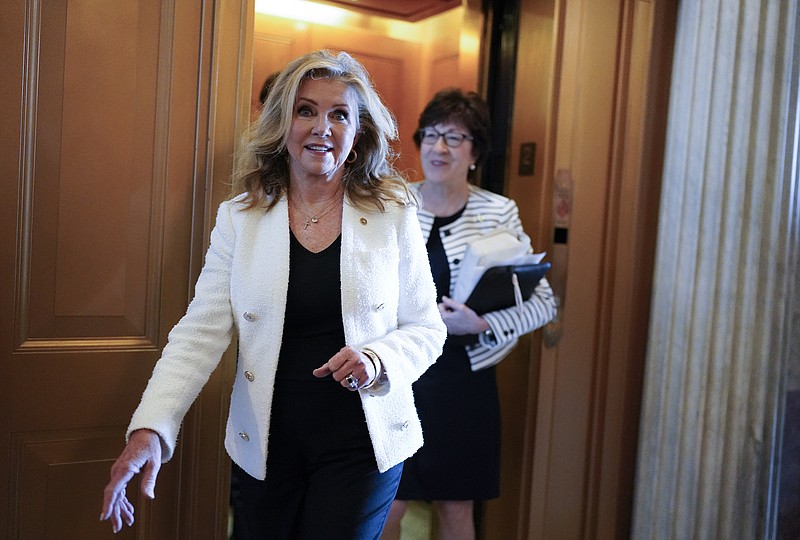Over the past decade, victims and advocates have fought an uphill battle to expose and eliminate sexual misconduct in the workplace. In the early half of the 2010s, skeptics were keen to write off accusations against high-profile abusers as power plays and PR stunts, but the tidal wave of litigation that started in 2016 did more than just confirm a power imbalance. It exposed specific barriers standing between women and their day in court.
Forced arbitration and nondisclosure agreements have come under scrutiny for the devastating impact they can have on access to justice. Roughly one-third of American workers are contractually bound by these agreements that restrict what they can say about their experiences at work. In many cases, these restrictions are essential to running a business; intellectual property, for example, is valuable, and employers have a right to protect it. But the recent wave of litigation revealed how these agreements can be manipulated to cover more than just business secrets. As more victims came forward to share their stories, it became clear NDAs were being weaponized to silence women.
States began responding, and now at least 16 states including Tennessee have passed laws or regulations addressing these kinds of workplace confidentiality agreements. We in Congress decided to follow their lead. This year, I led a bipartisan group of colleagues in championing the Speak Out Act, which prohibits the use of NDAs in cases involving sexual assault and sexual harassment. I had the opportunity to meet with many women who changed the course of history by demanding what should have been theirs all along: a professional environment that by design exposes people who torment their coworkers. The House and Senate came together to pass my bill, and now that President Biden has signed it, this law will finally end the culture of silence while still protecting a business's right to enforce NDAs in legitimate circumstances.
This will not only give victims their voices back but help curb future sexual misconduct. Predators isolate. But if predators know their potential victims are free to expose them, they will be far more reluctant to engage in abusive behavior.
The Speak Out Act follows legislation I supported earlier this year, the Ending Forced Arbitration of Sexual Assault and Sexual Harassment Act. This law now invalidates pre-dispute arbitration agreements in employment contracts if the victim wishes to raise sexual misconduct allegations in court.
It became clear to us that employers were using forced arbitration as a weapon. Although many argue alternative dispute resolution is cheaper and easier to navigate than a traditional lawsuit, in practice this secretive system disproportionately favors employers over employees and, worse, protects predators from the possibility of exposure.
But the use of NDAs to silence survivors is perhaps even more sinister than the use of forced arbitration, because generally these provisions don't just cover the abused -- they cover anyone working with her. An entire office may know something terrible has happened to their colleague, but any potential whistleblowers are muzzled by the threat of termination and litigation.
This gross power imbalance doesn't just harm women's job prospects -- it terrorizes them into submission. The Speak Out Act will empower and protect everyone in the workplace by eliminating that threat and encouraging them to expose predators.
This year, we in Congress evicted abusers from two of their most powerful contractual hiding places, but it will be the victims, their advocates and the thousands of witnesses who will lead the fight to rid the workplace of sexual misconduct once and for all.
Tennessee Republican Marsha Blackburn was elected to the U.S. Senate in 2018.
